Mark’s Gospel
Worship
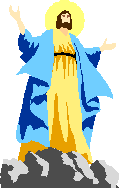
GCSE Texts and Exercises
The Sabbath

Read these words then answer the questions.
The Sabbath is the day of rest.
The Jewish people of the time of Jesus believed that God made the world in six days. On the seventh day he rested. To remember this, they believed that God had told them, the Jews, to keep every seventh day - that is Saturday - as a Sabbath, a rest day.
This day became very important for the Jewish people. When they kept the Sabbath they were showing people how important their faith was to them. Jews sometimes preferred to die rather than ignore the sabbath.
But sometimes Jews worried - what was work and what was not. How could they be sure that they were keeping the sabbath properly? At the time of Jesus the Pharisees tried to make the Sabbath easier to keep by explaining - in very great detail - what you were allowed to do and what you were not allowed to do on the Sabbath day.
The trouble was that it became more important to keep the rules on the Sabbath than actually to do good. Some Jews thought that it was more important to rest than it was to help someone. Jesus disagreed. This got him in a lot of trouble with some religious leaders.
Jesus healed people on the Sabbath. He said people were more important than laws. He said he knew better than the religious teachers. They didn’t like this at all.
Christians believe that Jesus rose from the dead on the First Day of the Week, which is not Saturday, but Sunday. This was the day when they met together for Mass, and it came to be the day which Christians made their Sabbath. Many Christians believe that it is wrong to work on Sundays, unless it is absolutely necessary, and that shops should only be open for essential things.
Activity
There are plans to open local shops on Sundays, and some local Christians disagree. Write a letter to a local paper giving your point of view.

Jesus heals someone
on the Sabbath Day
The man with an evil spirit
Mk 1: 21-28
21 Jesus and his disciples came to the town of Capernaum, and on the next Sabbath Jesus went to the synagogue and began to teach.
22 The people who heard him were amazed at the way he taught, for he wasn’t like the teachers of the Law; instead, he taught with authority.
23 Just then a man with an evil spirit in him came into the synagogue and screamed,
24 "What do you want with us, Jesus of Nazareth? Are you here to destroy us? I know who you are - you are God’s holy messenger!"
25 Jesus ordered the spirit, "Be quiet, and come out of the man!"
26 The evil spirit shook the man hard, gave a loud scream, and came out of him.
27 The people were all so amazed that they started saying to one another, "What is this? Is it some kind of new teaching? This man has authority to give orders to the evil spirits, and they obey him!"
28 And so the news about Jesus spread quickly everywhere in the province of Galilee.
Questions
Copy out the questions and answer them in your files.
- What was the name of the town where this story took place?
- What did Jesus begin to do in the synagogue?
- Why were the people amazed?
- What did the man with an evil spirit say to Jesus?
- What did Jesus say to the spirit?
- What happened after Jesus spoke?
- What did the people say to one another after this happened?
More Questions
![]()
Question about the Sabbath
Mk 2: 23-28
23 Jesus was walking through some cornfields on the Sabbath. As his disciples walked along with him, they began to pick the ears of corn.
24 So the Pharisees said to Jesus, "Look, it is against our Law for your disciples to do that on the Sabbath!"
25 Jesus answered, "Have you never read what David did that time when he needed something to eat? He and his men were hungry,
26 so he went into the house of God and ate the bread offered to God. This happened when Abiathar was the High Priest. According to our Law only the priests may eat this bread - but David ate it and even gave it to his men."
27 And Jesus concluded, "The Sabbath was made for the good of human beings; they were not made for the Sabbath.
28 So the Son of Man is Lord even of the Sabbath."
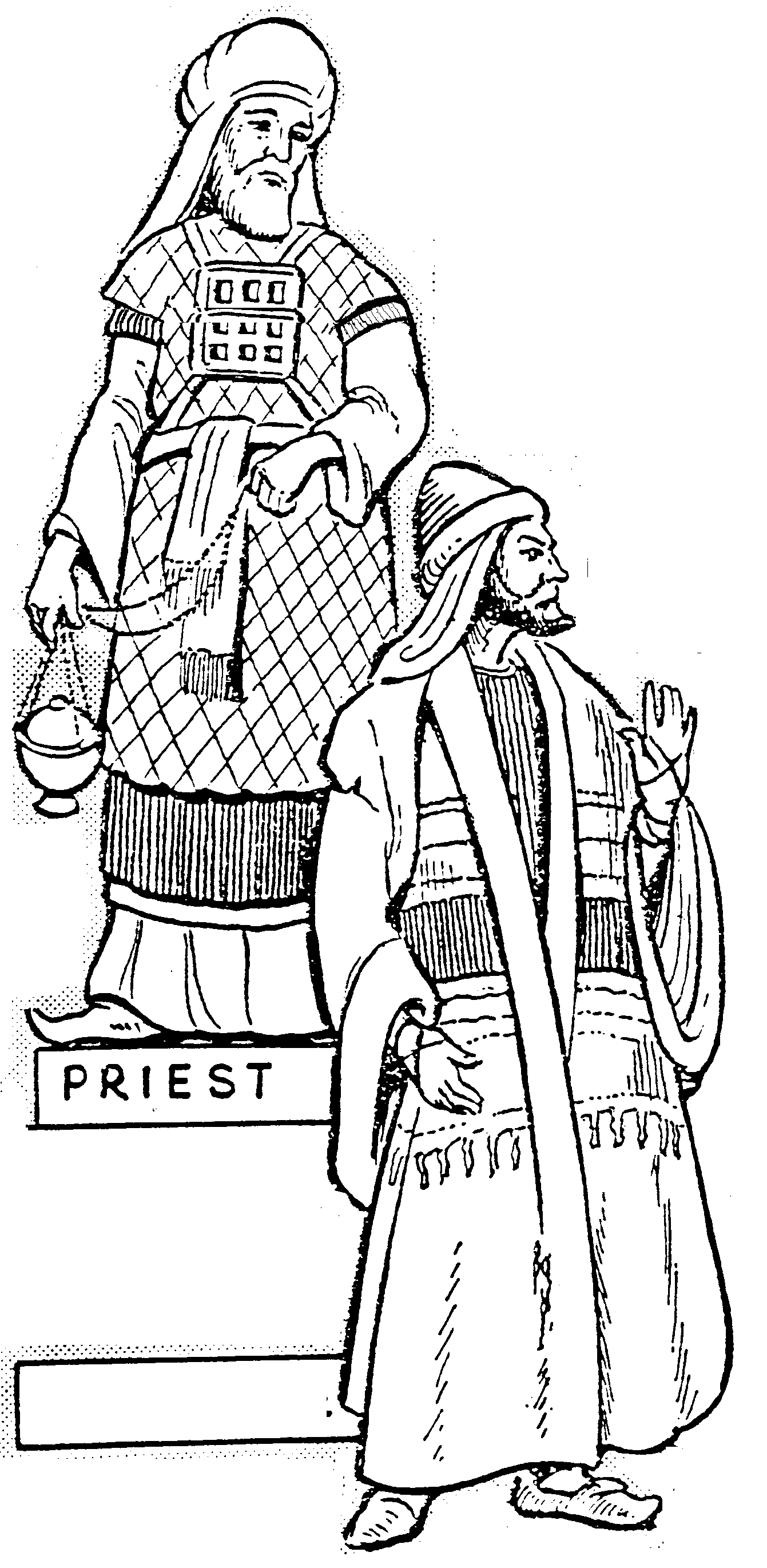
More Questions
Activities
Do a Newspaper Front page - ‘Jesus breaks the Sabbath’. Include words and a picture to tell the story. You could interview Jesus’ disciples and the Pharisees to get their point of view.
![]()
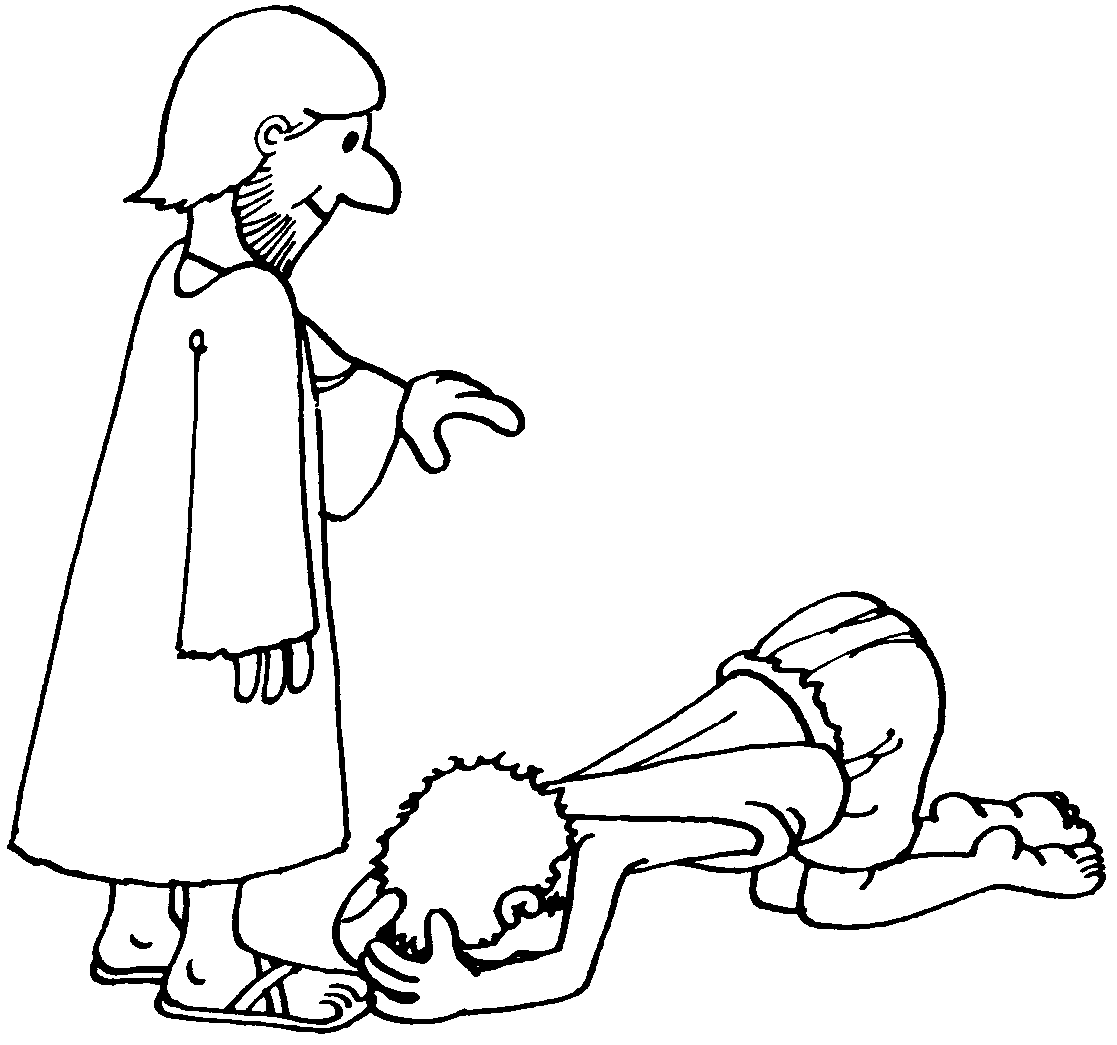
The Man with the withered hand
Mk 3: 1-6
1 Then Jesus went back to the synagogue, where there was a man who had a paralysed hand.
2 Some people were there who wanted to accuse Jesus of doing wrong; so they watched him closely to see whether he would heal the man on the Sabbath.
3 Jesus said to the man, "Come up here to the front."
4 Then he asked the people, "What does our Law allow us to do on the Sabbath? To help or to harm? To save someone’s life or to destroy it?" But they did not say a thing.
5 Jesus was angry as he looked round at them, but at the same time he felt sorry for them, because they were so stubborn and wrong. Then he said to the man, "Stretch out your hand." He stretched it out, and it became well again.
6 So the Pharisees left the synagogue and met at once with some members of Herod’s party, and they made plans to kill Jesus.
Questions
More Questions
Activities
The Eucharist I
How it all began
Read this passage then answer the questions
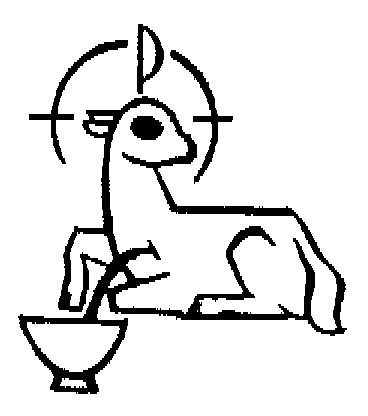
The Passover
The Eucharist began in the Jewish Passover Festival. This was when God saved the Jewish people from slavery in Egypt. Even today, the Jewish people have a holy meal every year to remember this. At the first Passover they sacrificed a lamb and ate it. They put the blood of the lamb on the doorpost so that the angel of death would ‘pass over’ their houses. The story of the Passover is in the book of Exodus in the Old Testament.
In modern times the Jews still have a lamb bone on the table as part of the Passover meal, but they do not eat it.
On the night before he died, Jesus celebrated the Passover meal with his disciples. He showed that he was the Passover Lamb, who would die so that people’s sins would be forgiven.
At the Passover meal he took the bread and said ‘This is my Body’ and the wine and said ‘This is my blood’. He told his apostles to do this celebration again, in memory of him.
Questions
Copy out the questions and answer them in your files
- Where does the Eucharist come from?
- What does the Passover remember?
- What meat did the Jews eat at the first Passover?
- What did they do with blood from the sacrificed lamb?
- Do the Jews still eat Lamb at the Passover today?
- When did Jesus celebrate the Passover meal with his disciples?
- What did Jesus (and Christians today) compare Jesus with in the Passover?
- What did Jesus say over the bread at the Passover meal?
- What did Jesus say over the wine at the Passover meal?
- What did Jesus tell his disciples to do in future?
Activities
Draw a diagram or poster showing the connection between the Passover and the Eucharist. For example, with words and pictures link together the Lamb, Jesus and the Bread and Wine.
The Eucharist II
Getting ready for the Last Supper
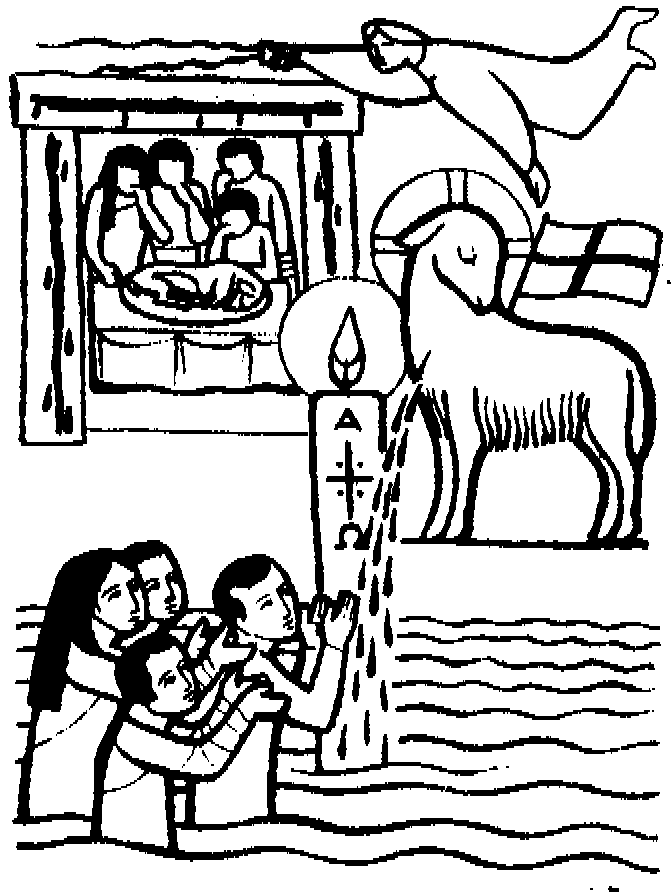
Mark 14:12-16
12 On the first day of the Festival of Unleavened Bread, the day the lambs for the Passover meal were killed, Jesus’ disciples asked him, "Where do you want us to go and get the Passover meal ready for you?"
13 Then Jesus sent two of them with these instructions: "Go into the city, and a man carrying a jar of water will meet you. Follow him
14 to the house he enters, and say to the owner of the house: ‘The Teacher says, Where is the room where my disciples and I will eat the Passover meal?’
15 Then he will show you a large upstairs room, prepared and furnished, where you will get everything ready for us."
16 The disciples left, went to the city, and found everything just as Jesus had told them; and they prepared the Passover meal.
Questions
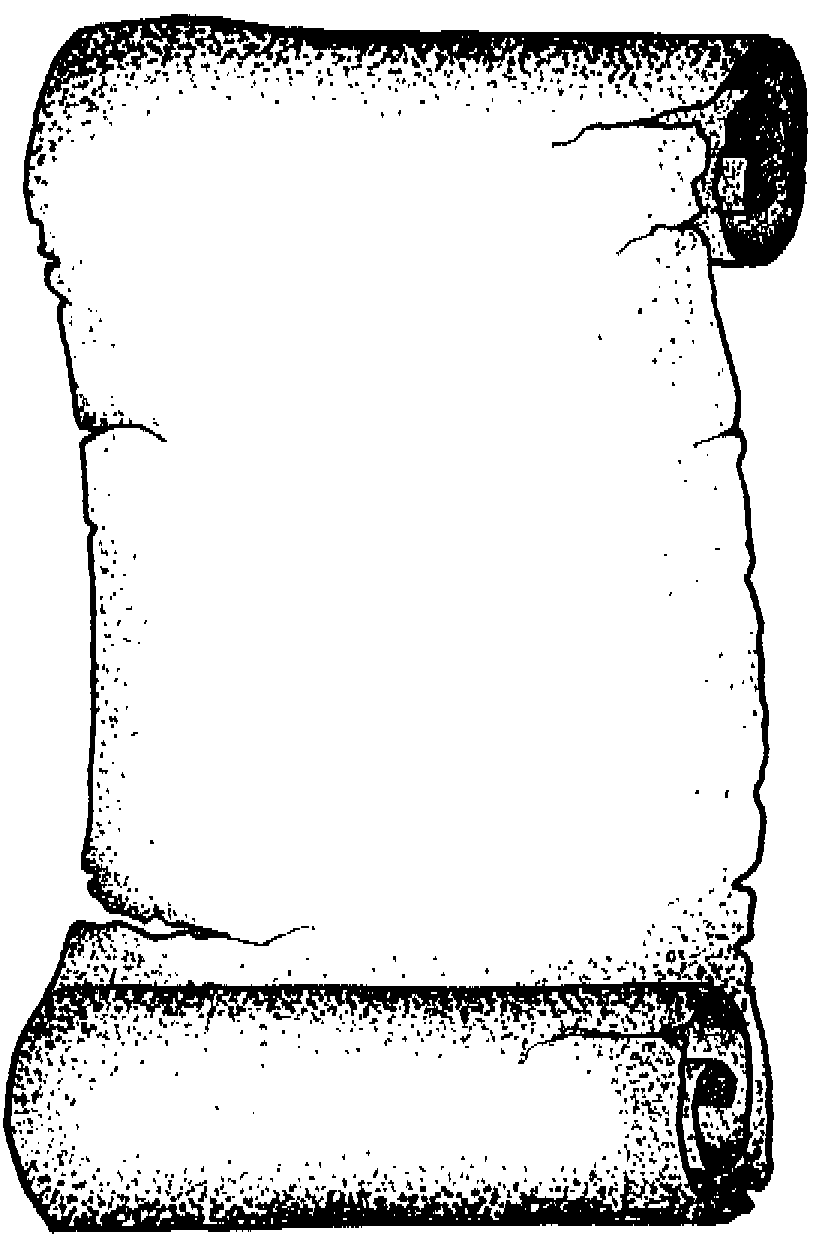
More Questions
11. Why do you think Christians call Jesus ‘the Lamb of God’?
Activities
Design an Old Document, like a scroll or parchment, with the Jesus’ instructions to the disciples to get ready for the Passover.
The Eucharist III
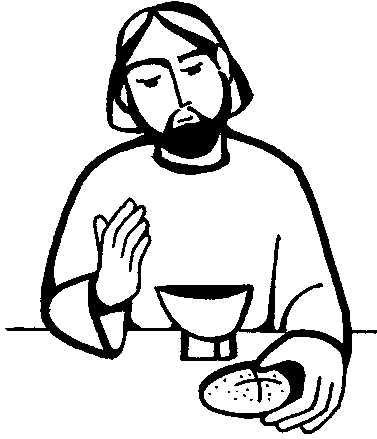
The Last Supper
Mark 14:17-25
17 When it was evening, Jesus came with the twelve disciples.
18 While they were at the table eating, Jesus said, "I tell you that one of you will betray me - one who is eating with me."
19 The disciples were upset and began to ask him, one after the other, "Surely you don’t mean me, do you?"
20 Jesus answered, "It will be one of you twelve, one who dips his bread in the dish with me.
21 The Son of Man will die as the Scriptures say he will; but how terrible for that man who betrays the Son of Man! It would have been better for that man if he had never been born!"
22 While they were eating, Jesus took a piece of bread, gave a prayer of thanks, broke it, and gave it to his disciples. "Take it," he said, "this is my body."
23 Then he took a cup, gave thanks to God, and handed it to them; and they all drank from it.
24 Jesus said, "This is my blood which is poured out for many, my blood which seals God’s covenant.
25 I tell you, I will never again drink this wine until the day I drink the new wine in the Kingdom of God."
Activities
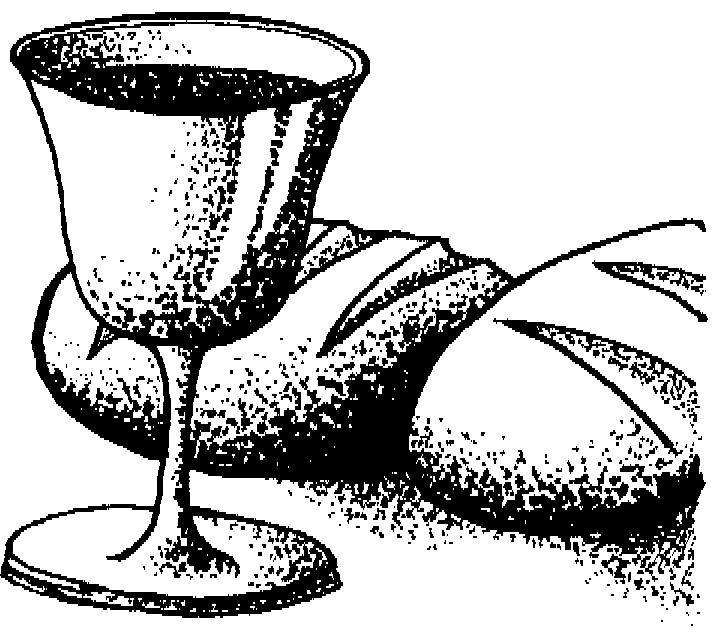
The Eucharist IV
How different Christians celebrate the Eucharist.
Not all Christians believe exactly the same things. Different Christians celebrate the Eucharist in different ways, and believe slightly different things about it.
For Roman Catholics, Mass is the most important act of worship (service) there is. It is a sacrifice when the bread and wine turn into Jesus’ Body and Blood. It is celebrated every Sunday. Only Catholics can take communion in a Catholic Church.
Orthodox Christians believe much the same as Catholics. The Liturgy is the main Sunday Service. Only Orthodox Christians are allowed to receive communion, but in many places they may take communion as little as once a year.
For the Church of England the Eucharist is usually the most important service, and it is the main Sunday Service. You don’t have to be a member of the Church of England, though to take Communion in their Churches.
For Methodists and many other small Christian groups the Communion service doesn’t happen often - perhaps only once a month or even less often. These groups usually invite anyone who is a Christian to take communion with them.
Questions
Copy the passage, filling in the gaps.
anyone, Catholics, Christian, month, sacrifice, worship, year.
Roman Catholics. The Mass is the most important act of ___________________ worship. It is a ___________________ sacrifice when the bread and wine turn into Jesus’ Body and Blood. It is celebrated every Sunday. Only ___________________ Catholics can take communion in a Catholic Church.
Orthodox. The Liturgy is the main Sunday Service. In some places they might take communion only once a ___________________ year.
The Church of England. The Eucharist is usually the main Sunday Service. Members of any ___________________ Christian Church can take communion.
Methodists. The Communion service might happen only once a ___________________ month. Usually ___________________ anyone who is a Christian can take communion with them.
Activity
A. Do a table of the different Christian groups and what they believe about the Eucharist. Use this layout:
Name of Group |
Who can take communion? |
How often does it take place? |
B. Design a greetings card for someone’s ceremony of First Communion. Use symbols which show how they understand the Eucharist.
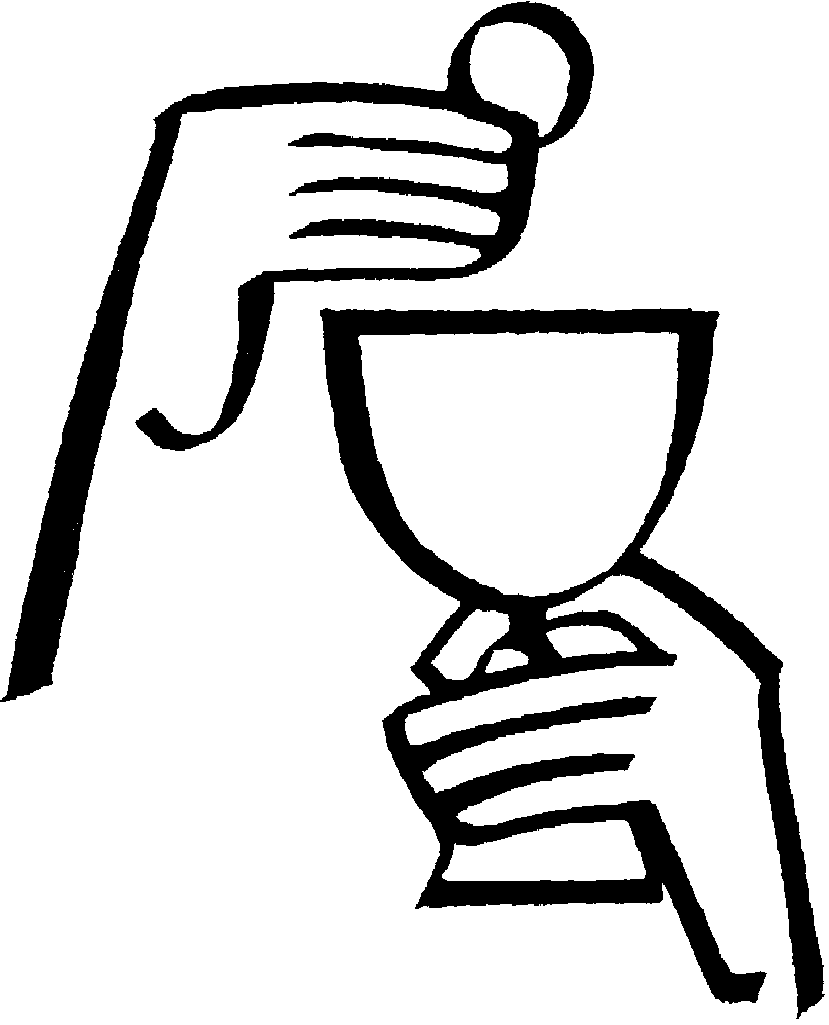
The Eucharist V
Different Names for the Eucharist
What people call the Eucharist
Different groups of Christians call the Eucharist by different names. Part of the reason for this is because different Christian groups understand the Eucharist in different ways.
- The Eucharist
- over the bread and wine,
- for all God’s gifts,
- and for Jesus’ death on the cross and his resurrection.
- The Mass
- Holy Communion means the sharing of bread and wine, and also the closeness all Christians have in this service. This name is often used in the Church of England and other groups (such as the Methodists) to mean the whole service.
- The Liturgy means ‘service’, and is the name most often used in the Orthodox Churches (for instance in Greek and Russia).
- The Breaking of Bread is the name some Christians nowadays like because it was used by the very first Christians. The name is mentioned in the New Testament in the Acts of the Apostles.
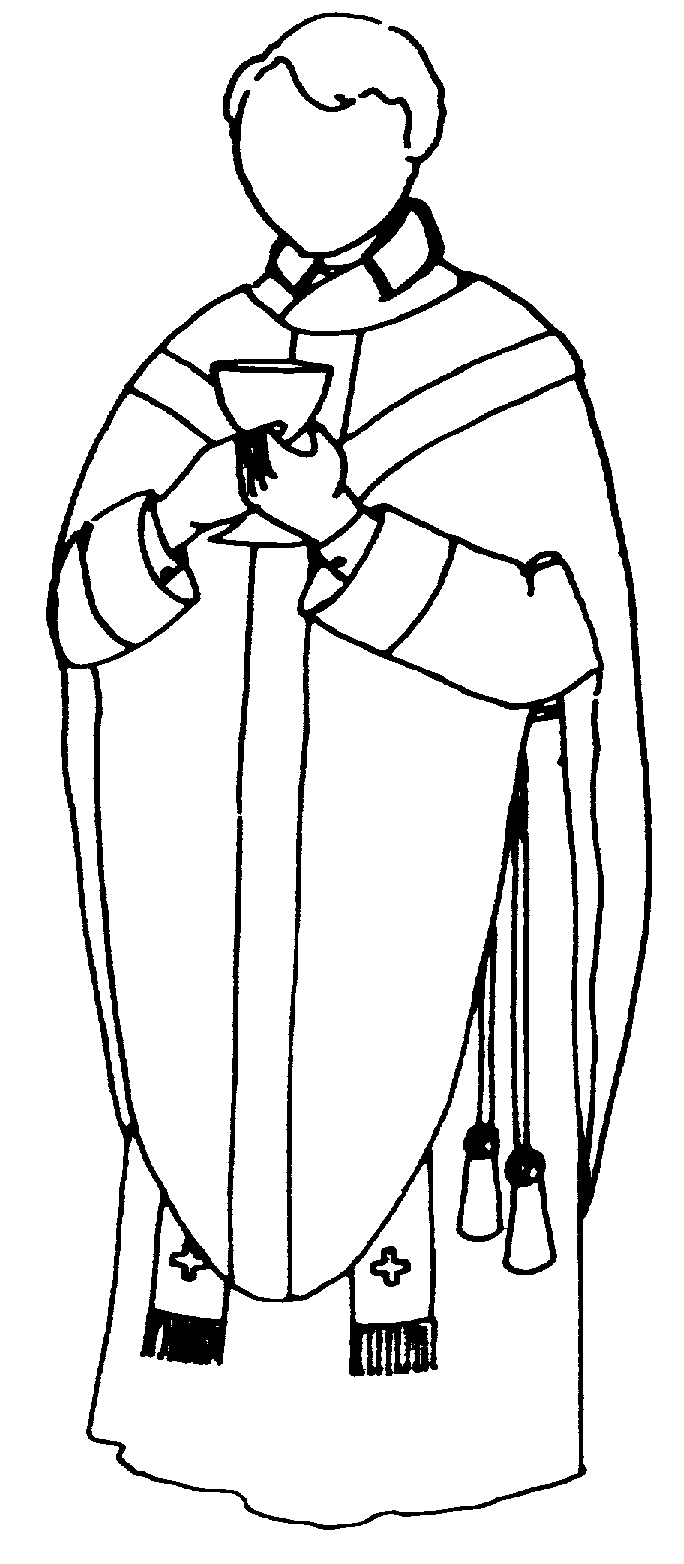
Questions
Copy out the Questions and answer them.
Which name:
- … means ‘thanksgiving’?
- … means the sharing of the bread and wine?
- … is most used by Catholics?
- … is used by Church of England and Methodist?
- … means ‘service’?
- … is used to remember the sacrifice of Jesus?
- … is liked by some Christians because the first Christians used it?
- … comes from the Latin words at the end of the service?
- … is most used in the Orthodox Churches?
- … is the name used by almost all Christians?
Activity
Draw a table with two columns. In the first column have the name for the Eucharist and in the second the meaning of the name.
The Baptism of Jesus

Mk 1: 9-11
9 Jesus came from Nazareth in the province of Galilee, and was baptised by John in the Jordan.
10 As soon as Jesus came up out of the water, he saw heaven opening and the Spirit coming down on him like a dove.
11 And a voice came from heaven, "You are my own dear Son. I am pleased with you."
Questions
More Questions
Even more questions
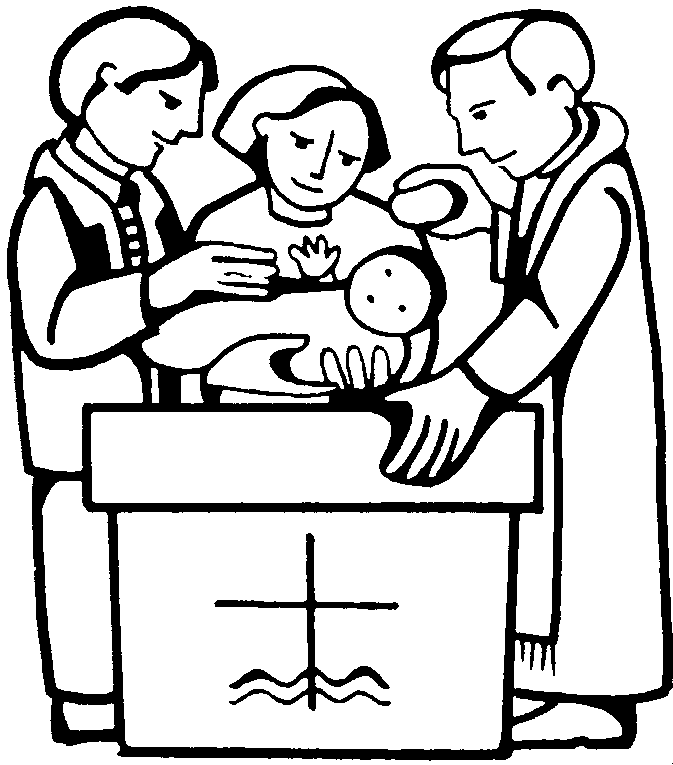
Activity
Do a spider diagram, showing all the different things which baptism might mean
for Christians. When you have finished the diagram, write a sentence about each word or
phrase.
Here are some words and phrases to start you off: Joining the Church, Family Party,
Getting rid of sin, Name, Godparents.
Believers’ Baptism